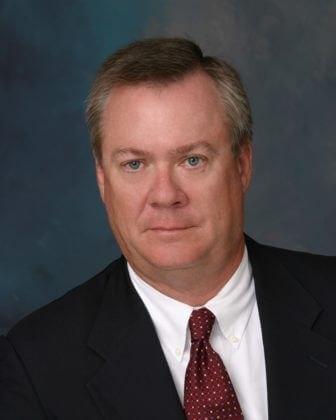Yates to USAO Manuel to OSHA (no more Tinkers to Evers to Chance)
An issue that has come to the forefront for the USDOJ is the decided lack of the prosecution of individuals in environmental criminal matters. In response, the USDOJ has hardened its stance as to the prosecution of individuals who engage in corporate malfeasance. New rules have been issued with a wide sweeping guidance for federal prosecutors. The new rules will apply in all investigations of corporate wrongdoing, not just investigations of environmental wrongdoing.
In September 2015, Deputy Attorney General Sally Yates issued a memorandum containing new guidance in a document titled “Individual Accountability for Corporate Wrongdoing” (the so-called “Yates Memorandum”). The Yates Memorandum sets out comprehensive guidelines that federal prosecutors should follow, and it gives federal prosecutors potent new tools to use in prosecuting individuals who are implicated in corporate misconduct. Now, under the Yates Memorandum, there are six protocols that must be followed when investigating corporate misconduct.
The six protocols are: first, if a company wants “cooperation credit” it must now provide the USDOJ with all relevant facts relating to the individuals who are responsible for the actual misconduct (this does not mean that attorney-client communications must be waived – that will be a calculated decision by the company) and this applies to both criminal and civil investigations; second, federal prosecutors are now directed to focus their investigations on individuals from the outset when conducting the investigation (to encourage employees with knowledge to provide information and it also increases the number of persons subject to prosecution); third now civil investigators and criminal investigators will regularly share information (this allows civil and criminal cases to be developed in tandem); fourth, individuals will not be released (criminally or civilly) when the company enters into a settlement with the USDOJ unless there are “extraordinary circumstances”; fifth, any USDOJ resolution of a corporate investigation must include a plan to resolve investigations of individuals (reasons to drop investigations must be put in writing and approved by either the attorney general or the deputy attorney general); and finally, USDOJ civil enforcement attorneys are instructed to focus on individuals, not just the company, and to consider factors other than the wrongdoer’s ability to pay when deciding whether to bring suit.
The Yates Memorandum has been incorporated into the US Attorney’s Manual. The Manual instructs federal prosecutors to focus on individual wrongdoing from the outset of any corporate misconduct investigation. According to the Manual, holding the proper individuals accountable for corporate malfeasance is necessary.
In December 2015, the USDOJ also announced that efforts to enforce environmental and safety laws will be intensified by adding environmental criminal counts to prosecutions related to worker safety. Worker safety issues are typically misdemeanors; environmental crimes allow the imposition of greater penalties.
These three documents taken together mean that the corporate senior management and other corporate employees should take the necessary precautions in the event of a federal criminal investigation into environmental violations. Corporations will no longer be able to enter into global settlement agreements, which resolve liability on behalf of the company and also cover all of the company’s employees, officers and directors. The individuals also accused of wrongdoing will need to resolve their cases directly with the USDOJ.
More later.
As always, feel free to contact me at walter.james@jamespllc.com
WDJiii

